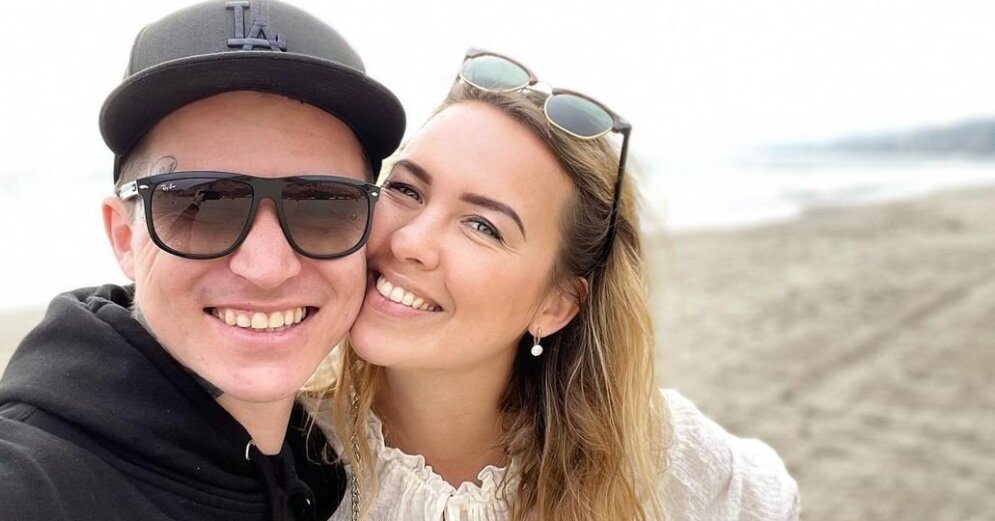Moderna asked U.S. regulators on Thursday to license its reduced-dose COVID-19 vaccine in children under the age of six, a long-awaited process that could open up vaccinations for millions of young children this summer.
Frustrated families eagerly awaited an opportunity to protect their youngest children and everyone around them, as people ditched masks and other health precautions despite contagious strains of the virus that continued to spread.
Moderna has submitted data to the US Food and Drug Administration (FDA) that it hopes will show its low-dose vaccine in two shots can protect infants and toddlers, though not as effectively in the wave of ómicron as in previous phases of the pandemic.
“There is a significant unmet medical need here with these younger children,” Dr. Paul Burton, Moderna’s chief medical officer, told The Associated Press. Two-dose childhood vaccines, he noted, “will safely protect them. I think it is likely that over time they will need additional doses. But we are working on it.”
The United States now only allows COVID-19 vaccination for children aged five and older using rival company Pfizer’s formula, leaving 18 million younger children unprotected.
Moderna’s vaccine is not the only one trying to fill that gap. Pfizer is expected to announce soon whether three of its even lower doses work in younger children, months after the disappointing discovery that two doses didn’t provide strong enough coverage.
Whether it’s one company’s drug or two, Dr. Peter Marks, the FDA’s chief vaccines officer, said the agency “will move quickly without sacrificing our standards” in deciding whether small doses are safe and effective.
Although there are questions about what is holding up the process, Marks told lawmakers this week that the FDA cannot review a product until the manufacturer completes its application. The agency will have a public discussion about the tests with its scientific advisers before making a decision, and Marks noted that multiple meetings would be scheduled to cover various anticipated requests.
“It’s crucial that we have the proper evaluation so that parents have confidence in any vaccine that we authorize,” Marks told a Senate committee.
If the FDA authorizes vaccinations for very young children, the Centers for Disease Control and Prevention would have to recommend who needs them, all young children or only those who are most at risk from COVID-19.
–


